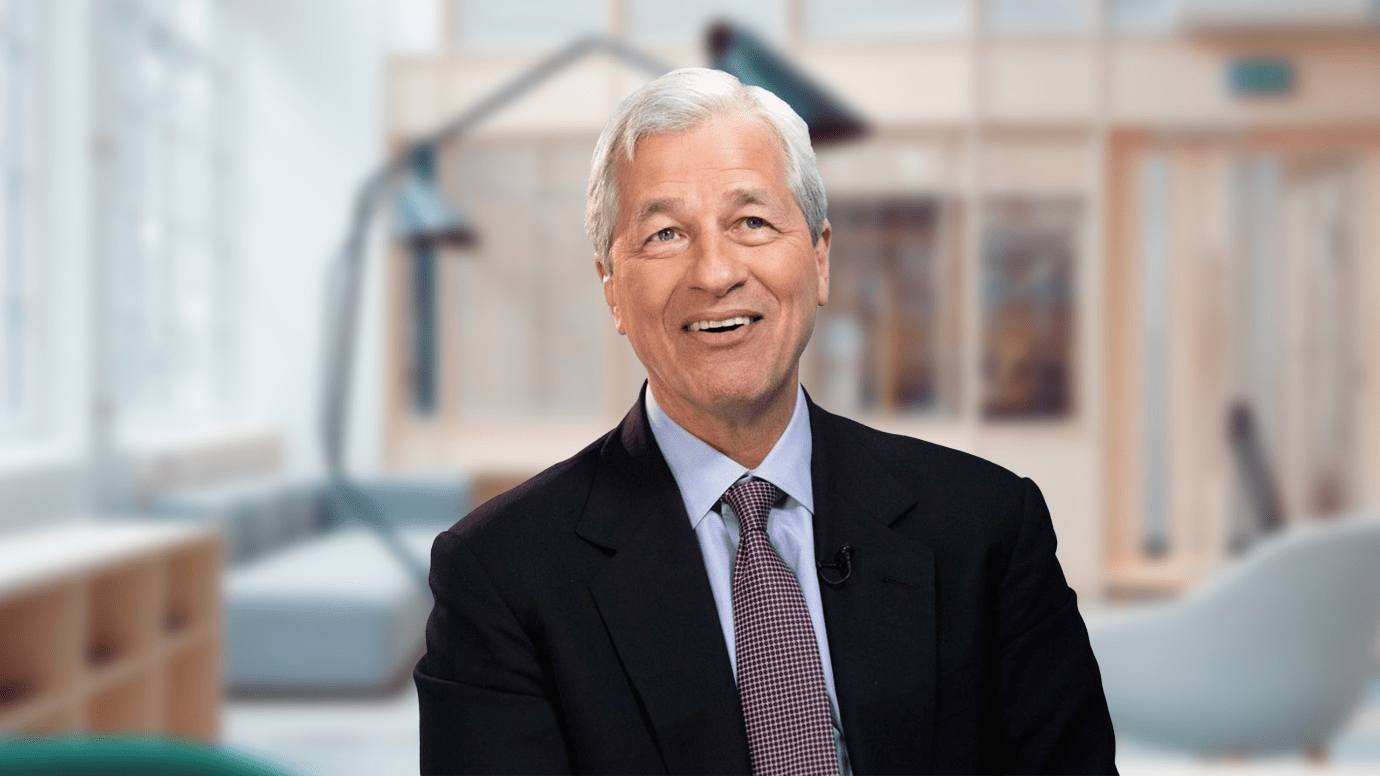
Why Skills-First Leadership Is Replacing the Ivy League Playbook in the C-Suite
The old prestige pyramid—where Ivy League degrees and blue-chip consulting backgrounds paved the way to the CEO seat—is cracking.

April 5, 2022: -Jamie Dimon, CEO and chairman of the biggest U.S. bank by assets, pointed to a potentially unprecedented combination of risks facing the country in his annual shareholder letter.
Three forces have shaped the world over several decades: a U.S. economy rebounding from the Covid pandemic, high inflation that will usher in an era of increasing rates, Russia’s invasion of Ukraine, and the resultant humanitarian crisis underway, according to Dimon.
“Each of these three factors mentioned above is unique in its own right. Dimon wrote about the dramatic stimulus-fueled recovery from the COVID-19 pandemic, the need for rapidly raised rates and the required reversal of QE, the war in Ukraine, and the sanctions on Russia,” Dimon wrote.
“They present different circumstances than what we’ve experienced in the past, and confluence may dramatically increase the risks ahead,” he wrote. “While it is possible and hopeful that these events will have peaceful resolutions, we should prepare for the potential negative outcomes.”
Dimon’s letter, read widely in business circles due to the JPMorgan CEO’s status as his industry’s most prominent spokesman, took a more melancholy tone from his message last year. While he wrote extensively about the country’s challenges, which include economic inequality and political dysfunction, that letter broadcast his belief that the U.S. was in the midst of a boom that could “easily” run into 2023.
Now, however, he wrote that the outbreak of the most significant European conflict since World War II had changed things, roiling markets, realigning alliances, and restructuring global trade patterns. According to Dimon, that introduces both risks and opportunities for the U.S. and other democracies.
“The war in Ukraine and the sanctions on Russia, at a minimum, will slow the global economy, and it could easily get worse,” Dimon wrote. That’s due to the uncertainty about how the conflict will conclude and its impact on supply chains, especially energy supplies.
Dimon added that management isn’t worried about its direct exposure to Russia for JPMorgan, though the bank could “still lose about $1 billion over time.”

The old prestige pyramid—where Ivy League degrees and blue-chip consulting backgrounds paved the way to the CEO seat—is cracking.

Loud leaders once ruled the boardroom. Charisma was currency. Big talk drove big valuations.

But the CEOs who make history in downturns aren’t the ones with the deepest cuts

Companies invest millions in leadership development, yet many of their best executives leave within a few years. Why?

The most successful business leaders don’t just identify gaps in the market; they anticipate future needs before anyone else.

With technological advancements, shifting consumer expectations, and global interconnectedness, the role of business leaders

The Fort McMurray First Nation Group of Companies is the wholly owned business entity of Fort McMurray 468 First Nation. It was established in 1987 as Christina River Enterprises, and the organization rebranded as FMFN Group in 2021. Providing Construction, Custodial, Petro-Canada Fuel & Convenience Store, and Transportation services to a broad portfolio of customers, the Group of Companies is creating financial stability and prosperity for the Nation.

Maushum Basu is a visionary leader who inspires his team with a clear, compelling purpose. Unafraid to take calculated risks, he understands that growth often stems from change and innovation. His deep commitment to both Airia Brands, Inc.

When speaking with Martin Paquette, one thing is immediately apparent: he’s honest. His transparency is refreshing. While many shy away from such vulnerability, Paquette sees it as a force to reckon with. The incredible emotional intelligence speaks to years of looking within—it’s also what allows him to acknowledge his mistakes gracefully and use them as opportunities to innovate.

Marina Charriere, CEO of Star Drug Testing Services, Star Drug Testing Services (Windsor Park), and First Defence Face Masks go hand in hand. Star is a drug and alcohol testing facility, and First D F M is a face mask company.


Leave us a message
Subscribe
Fill the form our team will contact you
Advertise with us
Fill the form our team will contact you